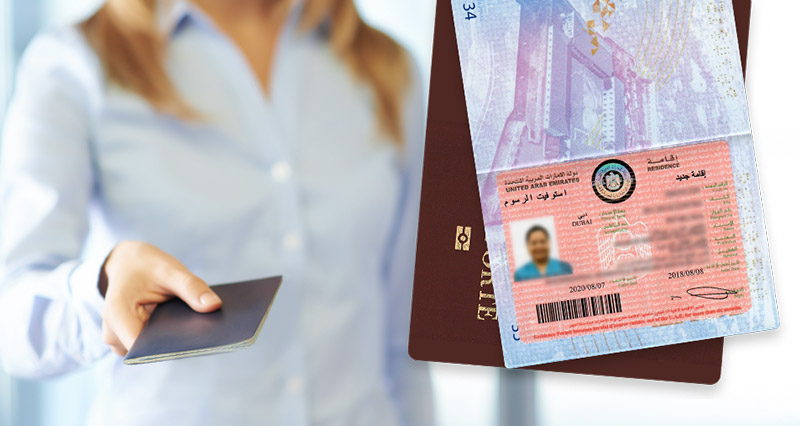Many families in the UAE are dependent on live-in help to keep things moving day to day. Whether it’s child care, cleaning, cooking or just someone to be at home, it can bring great relief. But one common question remains: Is it safe to hire a live-in domestic worker? Let’s break it down.
The Benefits of Having a Live-in Helper
Let’s look at why so many families opt to do this in the first place. When someone is in the home full time, it allows for more stability. Routines go a lot smoother, and there is always someone willing to help, whether that is on those busy mornings, on errands in the last hour, watching the kids when they come after school.
It is also a time saver. By allowing chores such as laundry, organization, and preparing dinner to get done on a regular basis, there is more time for families that are working or trying to spend quality time together.
And lastly, it is a stress relief! There is one person dedicated to caring for your home with less stress about hiring part time help and trying to juggle someone different every day.
The Role of a Domestic Worker in the UAE
In the middle of this conversation, it’s important to understand the role of a domestic worker in the UAE. These are individuals—mostly women from abroad—who take care of household tasks while living full-time in the homes where they work.
UAE law recognizes domestic work as a formal job, and there are now clear rules around working hours, salary, weekly rest, and medical care. When hiring is done through legal and approved channels, the safety of both the worker and the employer is protected.
Legal and Safety Guidelines
One of the safest way to recruit is through a licensed agency. These agencies are governed by rules and policies from the government and adhere to existing documents, contracts and procedures. The entire process is regulated by the Ministry of Human Resources and Emiratisation (MoHRE).
The following are legally required things:
- A contract to be in writing
- A monthly salary (paid via the bank or WPS)
- A weekly rest day
- Paid sick and annual leave
- Medical insurance
- Safe, and clean, accommodation
The law is intended to ensure domestic workers can exercise their rights, while at the same time covering those families that employ domestic workers legally.
Possible Risks and How to Avoid Them
While there are many benefits, it’s also fair to look at the risks. For everyone using these services out there, the worst risk is with people who procure using unofficial channels (ex. unverified agents, social media ads):
In these situations, workers may not even be going through a vetting process. Background checks may not be performed, fake documents may pass through the system, or someone may just simply be unqualified altogether. If something goes poorly (like theft, exploitation, or simply a disagreement), it’s very difficult to use an informal arrangement to remedy the situation without a formal written agreement.
To avoid this, always:
- Use only MOHRE approved Recruitment Channels.
- Verify documents and terms of the contract
- Do not engage in cash-only arrangements or vague verbal agreements
- Respect, Fairness, and Trust
Hiring someone to live in your home is a big step. Trust matters, and so does respect. Domestic workers are people—not just employees—who leave their own families behind to help yours.
When treated fairly and kindly, many domestic workers form strong, healthy bonds with the families they work for. It creates a safer and more positive environment for everyone in the home.
UAE law also forbids employers from taking a worker’s passport, forcing overtime, or denying days off—these are not just legal issues, but human ones.
What to Consider Before Hiring
Before making the decision, ask yourself a few questions:
- Do you need full-time live-in help or just part-time support?
- Is your home environment ready for a live-in arrangement?
- Are you ready to follow legal responsibilities as an employer?
- Can you commit to fair treatment and open communication?
If your answer is yes to these, and you’re hiring through the right process, bringing in a live-in domestic worker can be safe, helpful, and even life-changing.
Final Thoughts
So, can you hire a live-in domestic worker safely? Yes—if you do it right. That means you have to do it legally, use the right channels, and respect the person you are bringing into your home.
Domestic workers are not just “someone to do the chores.” They usually become a part of the household rhythm. Trust, fairness, and active listening mean they are usually happy in their role and professionals at it.
Ultimately, it’s not just about finding some help. It’s about finding someone and establishing a relationship based on care, trust and responsibility that leads to a stronger home.

